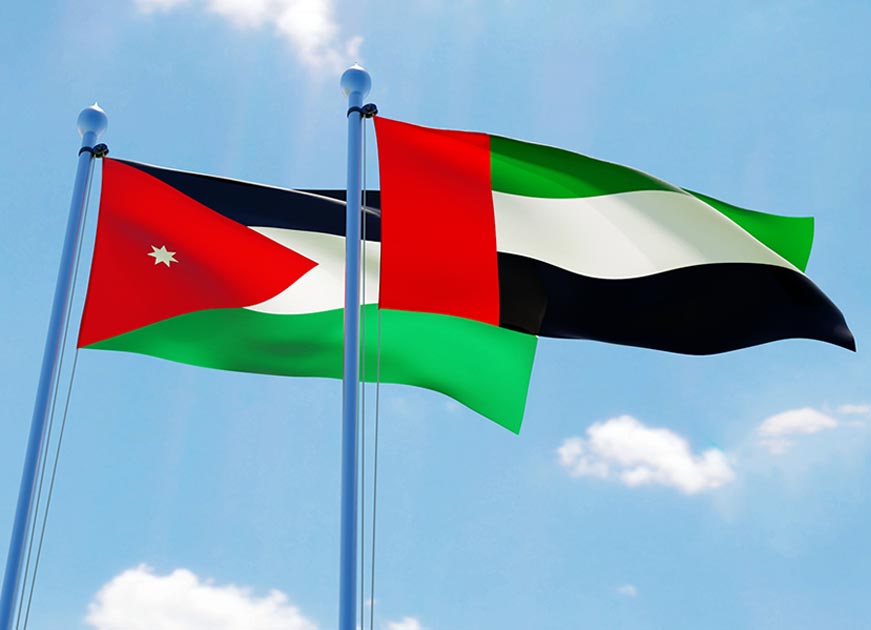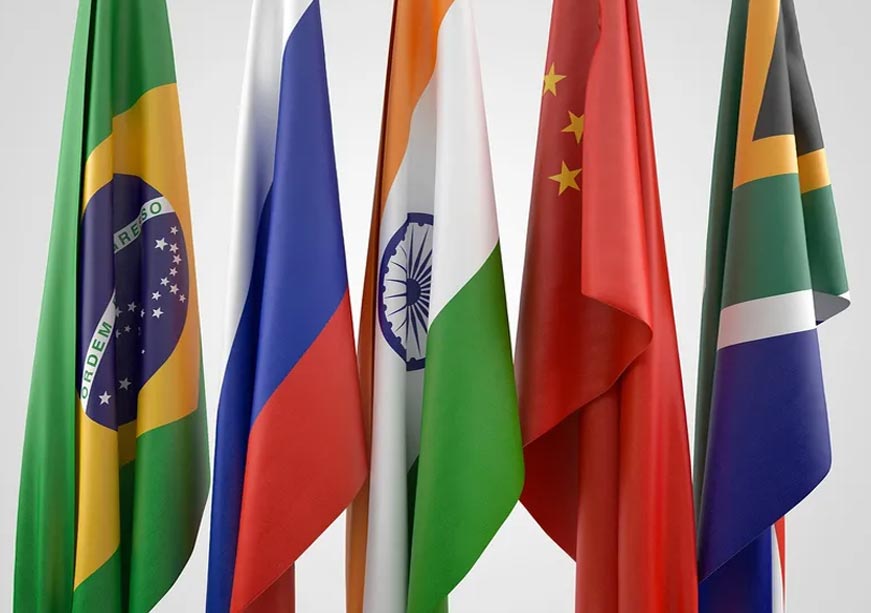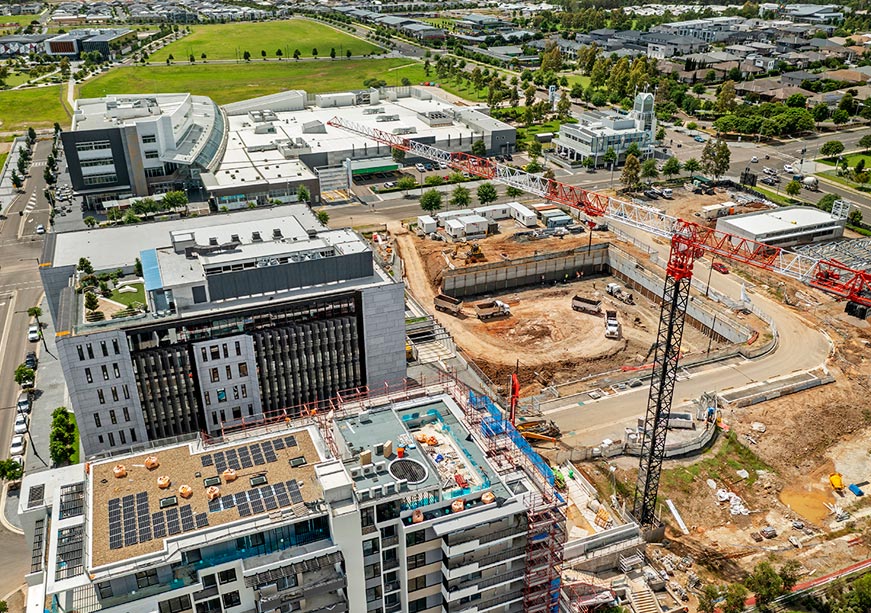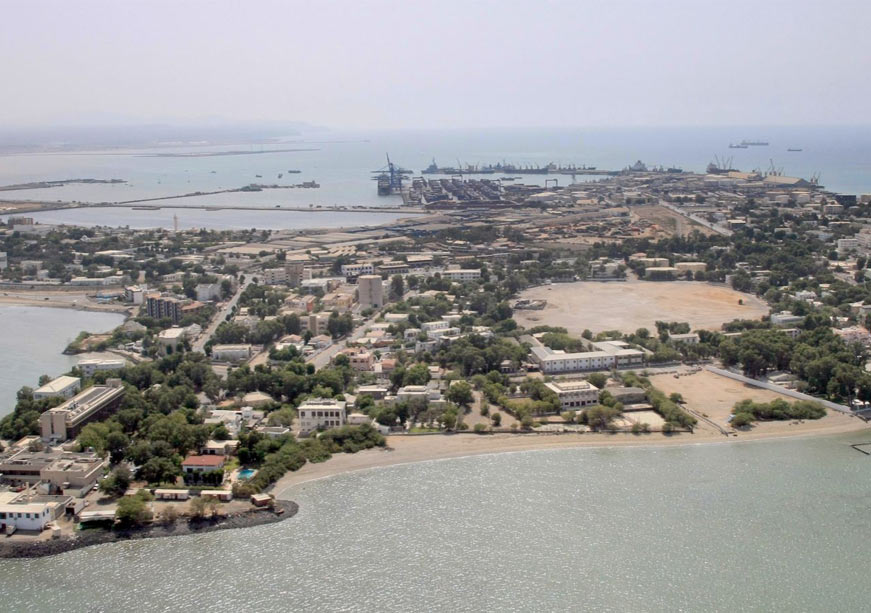The UAE-Jordan CEPA marks a geoeconomic shift—leveraging trade, investment, and labour ties to stabilise Jordan and anchor regional security.
The recently enforced Comprehensive Economic Partnership Agreement (CEPA) between the United Arab Emirates (UAE) and Jordan signals a watershed moment for Middle Eastern trade. While the UAE has signed numerous CEPAs with global partners, this marks its first such agreement with another Arab nation. This represents a significant upgrade from its preceding, less comprehensive regional frameworks—such as the Greater Arab Free Trade Area (GAFTA)—as the UAE-Jordan CEPA is a modern, sophisticated agreement covering goods, services, investment, and digital trade.
This CEPA is also a significant development in the regional economic policy. It will create a more integrated economic corridor between the Gulf and the Levant, enhancing global market access for both nations. It allows goods manufactured in free zones to benefit from preferential tariffs, a feature designed to supercharge trade and manufacturing in both countries.
For Jordan, the agreement offers an opportunity to diversify its export markets. The CEPA is structured to help Jordanian businesses utilise the UAE’s established logistical infrastructure, such as the Jebel Ali Port and its global airline network, to more easily access Asian markets. This is expected to support Jordan’s key value-added sectors—such as pharmaceuticals—by streamlining the shipping process and enabling the re-export of goods to a broader global client base. In the UAE’s context, Jordan serves as a stable base for expanding economic activity into the Levant. Jordan’s economy has remained relatively resilient amid regional security risks and a cut in assistance from the United States (US) Agency for International Development. This resulted in a stable outlook for the aid-reliant economy as assessed by the ratings agency S&P Global in March 2025. The agreement thus helps UAE-based companies manage investments in neighbouring markets—including potential reconstruction projects—by operating in a relatively legally secure and predictable environment. Additionally, it facilitates a synergy where UAE capital can partner with Jordan’s cost-competitive and skilled workforce for service-based industries, thereby driving more investment and capital into Jordan.
This CEPA can improve Regional Stability
The economic prosperity generated by this corridor can have far-reaching implications beyond Jordan’s borders, promoting wider regional stability. Jordan is a geopolitical ‘buffer zone’ that insulates the Arabian Peninsula from the more volatile conflicts of the Levant. A Harvard study by Babbitt et al. indicated that stability in Jordan is often viewed as crucial for the overall stability of the Middle East. Other studies on Jordan have also revealed a negative relationship between political instability and economic growth. Hence, as economic self-sufficiency increases when Jordan begins to reap the benefits of the CEPA, the resultant political stability might serve as a critical barrier to the spillover of crises from Syria and Iraq. Strengthening Jordan’s economic foundations is, for the UAE, a means of proactive or forward defence. An economically fragile Jordan would be more susceptible to influence from non-state actors or rival regional powers, creating a potential corridor for instability that can spread. The CEPA aims to create a prosperous and stable partner, ensuring that this vital strategic space remains anchored in a cooperative economic agreement.
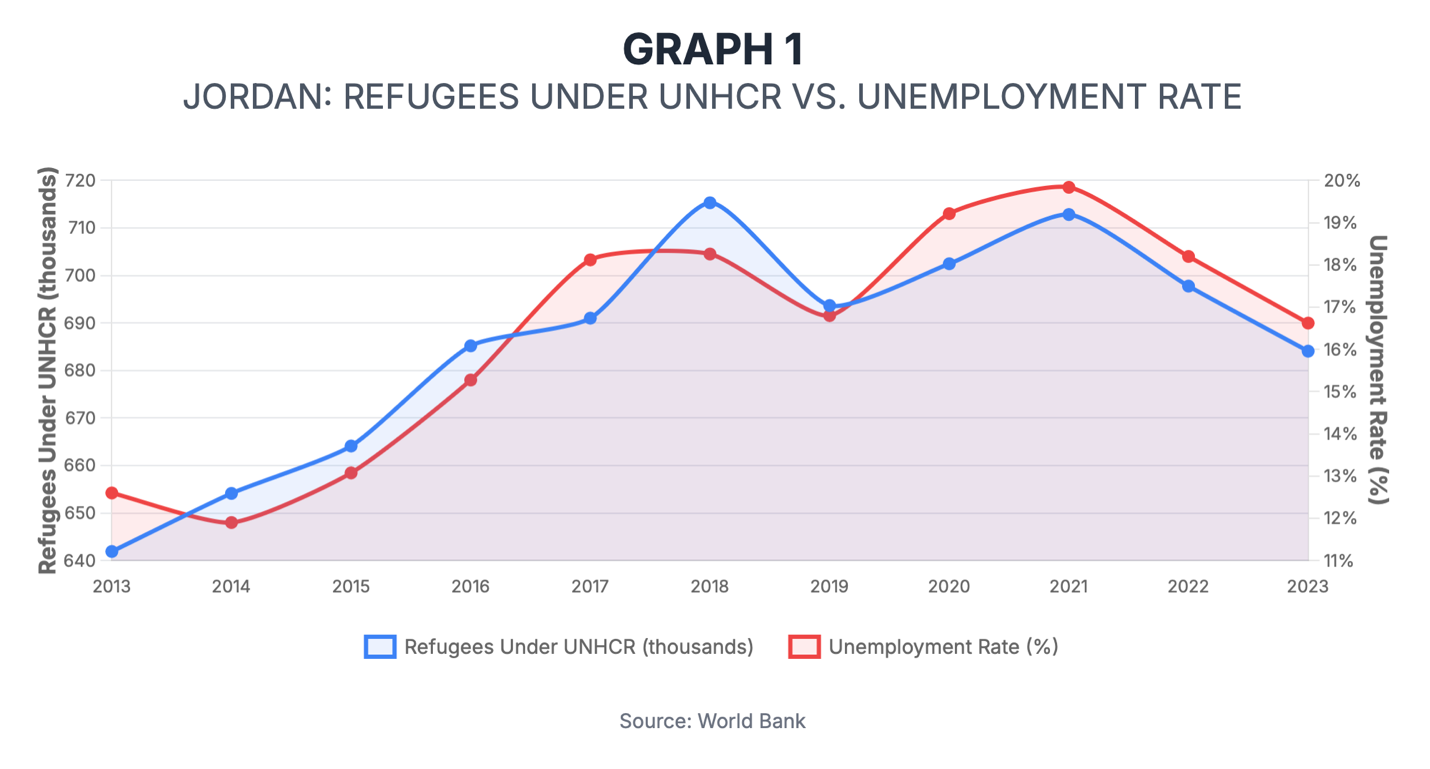
As a result, the UAE-Jordan CEPA is not just a tool for economic growth, but a piece of geoeconomic statecraft designed for long-term investment in regional security. It is a focus area that the UAE has often emphasised. In a Middle East defined by volatility, the agreement uses economic integration as a potent instrument to stabilise Jordan against the internal and external pressures that have destabilised its neighbours, by building Jordanian resilience from the inside out.
The most immediate threat to this resilience is the Jordanian government’s inability to provide meaningfully for its citizens. Jordan faces immense internal pressure from high youth unemployment and the immense cost of hosting a large refugee population. Graph 1 showcases Refugees under the United Nations High Commissioner for Refugees (UNHCR) mandate in Jordan vis-à-vis the country’s unemployment rate, which has increased since 2013. While the unemployment rate has reduced in the past few years, it still stands at 16.5 percent of the total labour force.
This creates a fertile ground for domestic discontent. The CEPA directly addresses this by stimulating job-creating sectors within Jordan—such as pharmaceuticals and business services. With a special focus on internationalising Small and Medium-Sized Enterprises, this CEPA will provide tangible opportunities for its young and educated workforce. Therefore, this agreement can potentially address the economic despair that has fueled political instability across the Arab world. By strengthening Jordan’s capacity to provide for its citizens, the UAE is helping to solidify the foundations of the Jordanian state itself.
Unlike older models of providing direct financial aid, which can create dependency, the CEPA is designed to build Jordan’s productive capacity and integrate it into global value chains. Such dependency is often corrosive, as it can reduce a government’s accountability to its citizens and undermine the incentive to build robust, self-sustaining domestic economic policies. The CEPA empowers Jordan rather than making it a client state.
UAE-Jordan did not just sign a trade deal; they are actively using economic levers to engineer a more stable and secure neighbourhood. In doing so, they also offer a powerful blueprint for using economic integration as a foundation for long-term security across the Middle East.
Samriddhi Vij is an Associate Fellow, Geopolitics at the Observer Research Foundation–Middle East.
